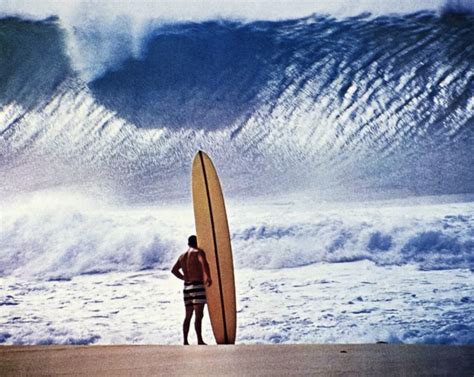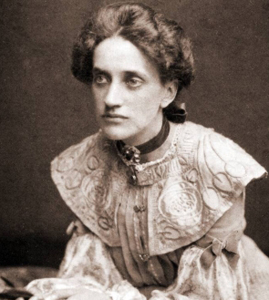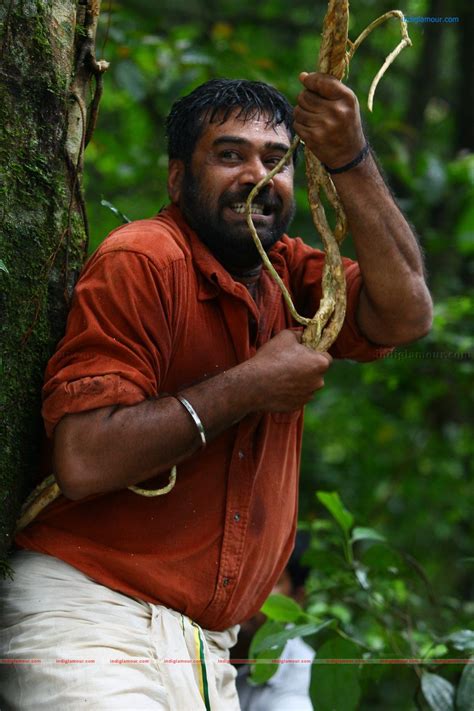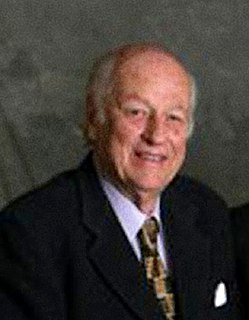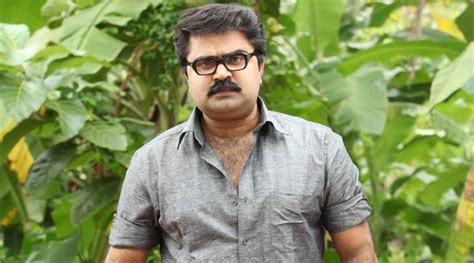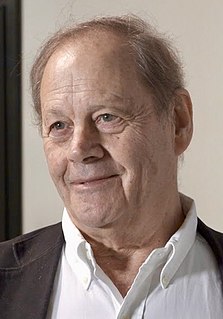A Quote by Greg Noll
People turned around and came back to watch. An enormous crowd formed. Ampol Oil took films. When we left Australia, we also left our boards for the Aussies. Those films were shown all over the country to different clubs. The films and our boards became the basis for the modern surfboard movement in Australia.
Related Quotes
I like to do realistic films as well as sensible humourous subjects, just because I think these films are only capable to attract people to the theatres. Though I agree that serious movies are also good and I like to watch them, it is a fact that majority of the people are hesitant to go to theatres for those films.
Many people are under the delusion that I'm just a special-effects man, but I've worn many different hats in my day. On every film I've been involved in, I worked with the writer and producer. We really formulated those scripts. We tried to make films that were logical but still had the fantasy feel of it. I enjoy Aardman Animation's films with Wallace and Gromit, but they're obvious puppet films, whereas we tried to disguise it and make our effects characters in the films rather than obvious puppets.
I don't think it's a coincidence that 'The War Room' and 'A Perfect Candidate' are films that have been consistently shown and available for rental for 20 years. These are films that are more about the moment in which they were filmed: they also have a great deal to say about larger issues about who we are as a country.
My dad is an engineer by trade but worked a lot with the people in the Indian film industry when I was growing up. He started out distributing films from India here in the '70s because there was no place to go for people to watch movies from the homeland. So he developed a network of actors, writers, directors, and musicians that became his friends and that he would tour around the country with, doing stage shows of the musical numbers from their films.
